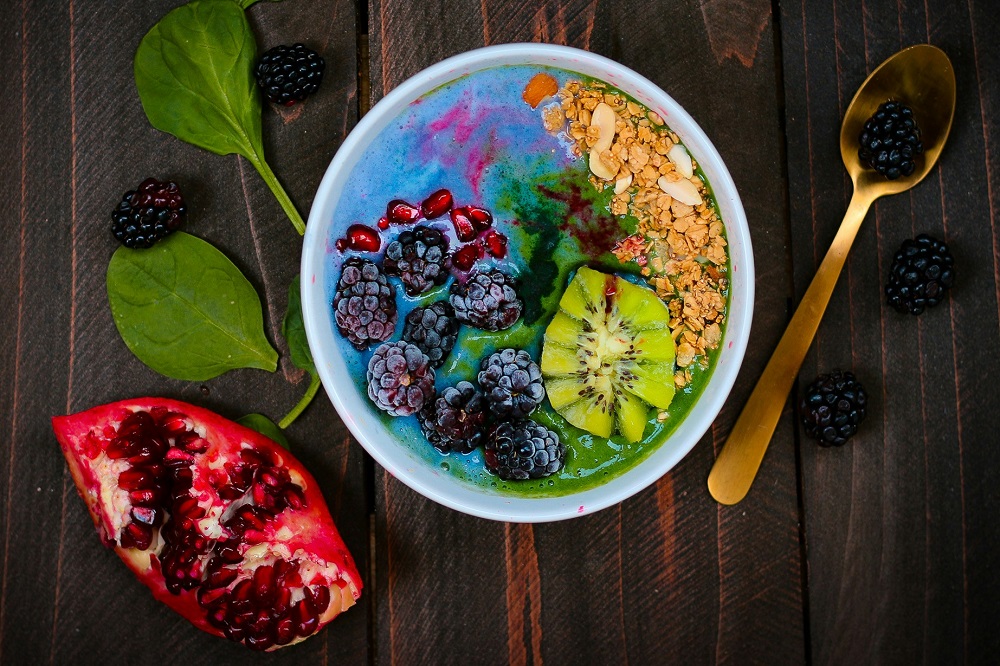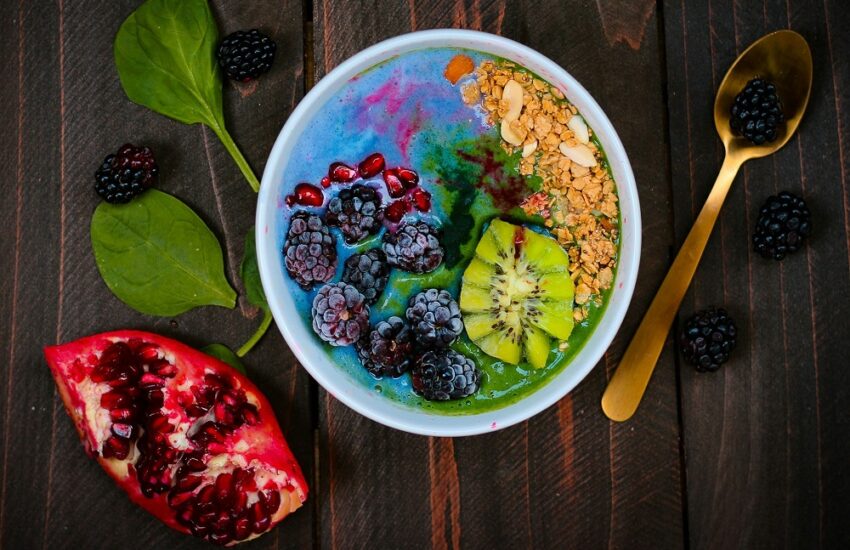Acne is a common skin condition that affects people of all ages, primarily teenagers and young adults. It occurs when hair follicles become clogged with oil, dead skin cells, and bacteria, leading to pimples, blackheads, and cysts. While it’s often considered a normal part of adolescence, persistent acne can impact self-esteem and emotional well-being. Fortunately, there are numerous strategies to help prevent acne and maintain clear skin. Accordingly Mohit Tandon Burr Ridge, 10 effective tips for preventing acne are as follows:
1. Maintain a Consistent Skincare Routine
Importance of a Routine
Establishing a consistent skincare routine is crucial for preventing acne. This routine should include cleansing, moisturizing, and protecting the skin. By keeping your skin clean and well-hydrated, you can reduce the chances of clogged pores.
Recommended Steps
- Cleansing: Use a gentle, non-comedogenic cleanser twice daily to remove excess oil and dirt. Avoid harsh scrubs that can irritate the skin.
- Moisturizing: Even oily skin needs hydration. Choose a lightweight, oil-free moisturizer to maintain balance.
- Sun Protection: Apply a broad-spectrum sunscreen every day to protect your skin from harmful UV rays, which can exacerbate acne.

2. Choose Non-Comedogenic Products
Understanding Non-Comedogenic
When selecting skincare and makeup products, opt for those labeled “non-comedogenic.” This means they won’t clog pores, reducing the likelihood of acne breakouts.
Types of Products
- Cleansers: Look for gentle, non-comedogenic cleansers.
- Moisturizers: Select lightweight, oil-free options.
- Makeup: Choose foundations and concealers that are non-comedogenic and specifically designed for acne-prone skin.

3. Avoid Touching Your Face
Why It Matters
Your hands come into contact with various surfaces and can transfer dirt, oil, and bacteria to your face. Touching your face can lead to breakouts and irritate existing acne. – Mohit Tandon Burr Ridge
Tips to Reduce Touching
- Be Mindful: Pay attention to when and why you touch your face.
- Use a Barrier: If you find it hard to resist, consider wearing a mask when at home or in a private space.
- Keep Hands Clean: Wash your hands frequently to reduce the transfer of bacteria.
4. Manage Stress Levels
The Connection Between Stress and Acne
Stress can trigger hormonal changes in the body that increase oil production, leading to breakouts. Managing stress is essential for maintaining clear skin.
Stress Management Techniques
- Exercise: Regular physical activity helps reduce stress and improve overall health.
- Mindfulness and Meditation: Practicing mindfulness techniques can help you manage stress more effectively.
- Adequate Sleep: Prioritize getting enough sleep to allow your body to recover and reduce stress levels.
5. Eat a Balanced Diet
Nutrition and Skin Health
Your diet plays a significant role in your skin’s health. Certain foods can exacerbate acne, while others can help prevent it.
Foods to Include
- Fruits and Vegetables: These provide essential vitamins, minerals, and antioxidants that support skin health.
- Whole Grains: Choose whole grains over refined carbs, as they have a lower glycemic index and can help stabilize blood sugar levels.
- Healthy Fats: Incorporate sources of omega-3 fatty acids, such as fish, flaxseeds, and walnuts, which have anti-inflammatory properties.
Foods to Limit
- Sugary Foods: High sugar intake can lead to insulin spikes, which may trigger acne.
- Dairy Products: Some studies suggest a link between dairy consumption and acne in certain individuals.
- Processed Foods: Foods high in refined carbohydrates and unhealthy fats may worsen acne.

6. Stay Hydrated
Importance of Hydration
Drinking enough water is essential for overall health, including skin health. Proper hydration helps maintain skin elasticity and can prevent excessive oil production.
Hydration Tips
- Daily Water Intake: Aim for at least eight 8-ounce glasses of water per day, adjusting based on activity level and climate.
- Limit Sugary Beverages: Replace sugary drinks with water, herbal teas, or infused water for flavor without added sugar.
- Monitor Urine Color: Light yellow urine usually indicates proper hydration, while darker urine can signify dehydration.
7. Avoid Excessive Sun Exposure
The Risks of Sun Exposure
While moderate sun exposure can have benefits, excessive UV exposure can lead to skin damage, inflammation, and increased oil production, all of which can worsen acne.
Sun Protection Tips
- Wear Sunscreen: Use a broad-spectrum sunscreen with at least SPF 30 daily, even on cloudy days.
- Seek Shade: When outdoors, look for shaded areas to reduce direct sun exposure.
- Protective Clothing: Consider wearing hats or long sleeves when spending extended periods outside.
8. Be Cautious with Hair Products
Hair Products and Acne
Hair products, such as gels, sprays, and oils, can contribute to acne, especially if they come into contact with your skin. These products can clog pores and cause breakouts. – Mohit Tandon Burr Ridge
Recommendations
- Choose Non-Comedogenic Hair Products: Opt for hair care products that are labeled non-comedogenic.
- Tie Back Hair: Keep hair tied back and away from your face to minimize contact with skincare products.
- Wash Hair Regularly: Clean your hair regularly to prevent oil and product buildup.
9. Consult a Dermatologist
When to Seek Professional Help
If you struggle with persistent or severe acne, it may be beneficial to consult a dermatologist. They can provide personalized treatment plans and recommend effective products.
Possible Treatments
- Topical Treatments: Prescription creams containing ingredients like retinoids, benzoyl peroxide, or salicylic acid may be recommended.
- Oral Medications: In some cases, dermatologists may prescribe oral antibiotics or hormonal treatments.
- Professional Procedures: Treatments such as chemical peels, laser therapy, or extraction may be suggested for more severe cases.
10. Be Patient and Persistent
Understanding Acne Treatment
Preventing and treating acne takes time, and results may not be immediate. It’s important to stay consistent with your skincare routine and lifestyle changes.
Tips for Staying Committed
- Track Progress: Keep a journal of your skincare routine and any changes in your skin condition.
- Don’t Overdo It: Avoid trying too many products at once, as this can irritate your skin. Introduce new products gradually.
- Celebrate Small Wins: Acknowledge improvements, no matter how small, to stay motivated on your journey to clear skin.
Conclusion
Preventing acne involves a multifaceted approach, including consistent skincare, dietary choices, stress management, and professional guidance when necessary. By implementing these ten tips, you can significantly reduce the likelihood of breakouts and maintain healthier skin. Remember, everyone’s skin is unique, so it may take time to find the routine that works best for you. Stay committed and patient, and your efforts will pay off in the long run.
